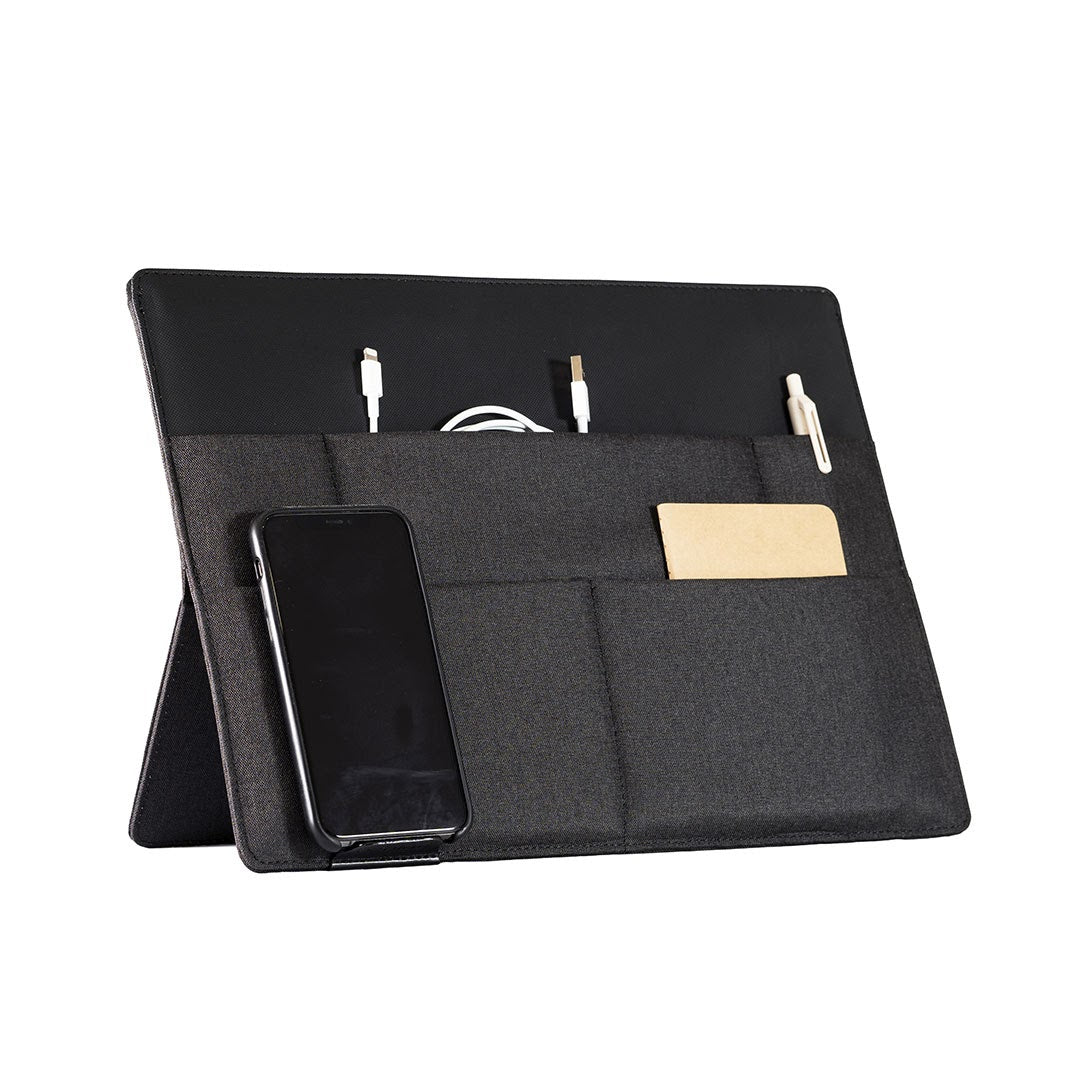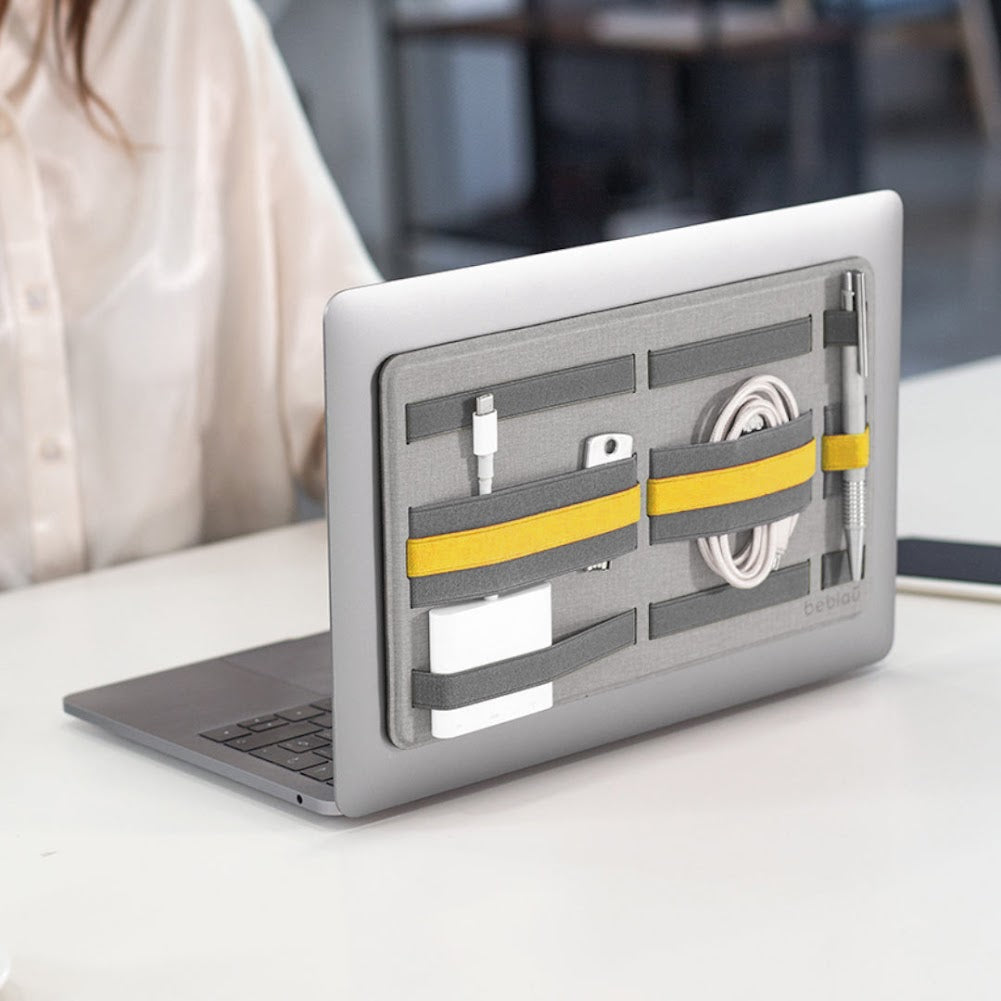
Some Essential Skills for the Future of Work
The future of work is rapidly evolving, with many changes that require employees to acquire new skills and competencies. Employers are now seeking individuals who possess a range of skills, including mobility, adaptability, and remote working. In this article, we will discuss why these skills are essential and how individuals can develop them.
Why Mobility is an Essential Skill for the Future of Work
Mobility refers to the ability to work from different locations, whether it be from home, a co-working space, or on the go. With the advancements in technology and the growth of the gig economy, remote work is becoming more prevalent. Employers are now seeking employees who can work from anywhere in the world, allowing them to tap into a global talent pool.
The ability to work remotely requires self-discipline, time-management skills, and effective communication. Individuals who can work from anywhere can adapt to different time zones and work schedules, providing flexibility to both the employee and employer.
The Importance of Adaptability in the Future of Work
The future of work is uncertain, and individuals who can adapt to change will be in high demand. With the rise of automation and artificial intelligence, many jobs will be replaced by technology. The ability to learn new skills quickly and pivot to different roles will be essential.
Adaptability also requires a growth mindset, the ability to embrace change, and the willingness to take on new challenges. Employers will be looking for individuals who can think critically and creatively to solve problems, and who can adapt to new situations and environments.
The Rise of Remote Work
Remote work has become a necessity in today's world due to the COVID-19 pandemic. However, it has also opened up opportunities for individuals who live in areas with limited job opportunities or who prefer the flexibility of working from home.
Remote work requires strong communication skills and the ability to collaborate effectively with team members who are not physically present. It also requires the ability to manage one's time effectively, as remote workers are often responsible for setting their own schedules.
Developing Essential Skills for the Future of Work
Individuals who wish to develop essential skills for the future of work can do so by taking online courses, attending workshops and seminars, and seeking out mentors who can provide guidance and support.
Developing these skills also requires a willingness to take on new challenges and step outside of one's comfort zone. It may involve taking on a new project or job that requires learning new skills or working with new technologies.
Mobility, adaptability, and remote working are essential skills for the future of work. Individuals who possess these skills will be in high demand and will have a competitive advantage in the job market. Developing these skills requires a growth mindset, the willingness to learn, and the ability to embrace change.
FAQs
What is mobility in the context of work?
Mobility refers to the ability to work from different locations, whether it be from home, a co-working space, or on the go.
Why is adaptability important in the future of work?
The future of work is uncertain, and individuals who can adapt to change will be in high demand. With the rise of automation and artificial intelligence, many jobs will be replaced by technology.
How can individuals develop essential skills for the future of work?
Individuals can develop essential skills for the future of work by taking online courses, attending workshops and seminars, and seeking out mentors who can provide guidance and support.
What is remote work, and why is it important?
Remote work refers to working from a location outside of the office. It has become more prevalent due to the COVID-19 pandemic and provides flexibility to both the employee and employer.





















1 comment
I love my fold! Good job Beblau team!
Ann
Leave a comment
This site is protected by hCaptcha and the hCaptcha Privacy Policy and Terms of Service apply.